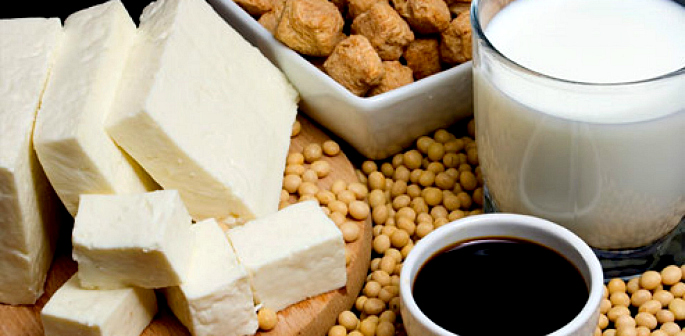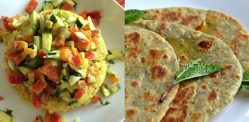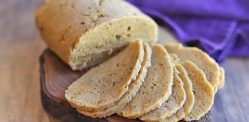Nowadays there is an array of protein sources for vegans to choose from.
Veganism is the lifestyle choice of those who do not consume or use animal products.
Although the term ‘vegan’ was coined in 1944, it has only become a mainstream phenomenon since the 2010s.
More recently, numerous restaurants have added vegan-only options as staples to their menus.
There are countless vegan YouTubers online, many of whom boast over 100,000 subscribers, and even a slew of celebrities and athletes have adopted the vegan lifestyle, like David Haye and Jared Leto.
In the Bollywood camp, popular vegan celebrities include Aamir Khan, Jacqueline Fernandez and Kangana Ranaut.
Many vegans preach a very carbohydrate-centric diet with a daily caloric intake being split up into 80 per cent carbs, 10 per cent fats and 10 per cent protein.
Their reasoning behind this is that the human body doesn’t need as much protein as we think it does, and there are many studies by the World Health Organisation (WHO) that show this.
Yet, everybody is genetically different. There is no one size fits all method when it comes to dieting.
So even if you are, or are thinking about going vegan, experimentation is key when it comes to finding out how much protein, carbohydrates and fats your body needs.
When it comes to building muscle, protein is a necessity. The amino acids that protein is comprised of aid in repairing damaged muscle tissue (which occurs when working out) and will help muscles grow as a result.
More health or fitness minded vegans may want to incorporate a higher level of protein in their diet, but finding food sources with a high level of protein is a well-known struggle for the non-carnivorous.
Times are changing however; in just a few years the number of high protein vegan alternatives have increased tremendously allowing for a much more varied diet for the vegan community.
DESIblitz lists some of these vegan-friendly protein options below:
Soya
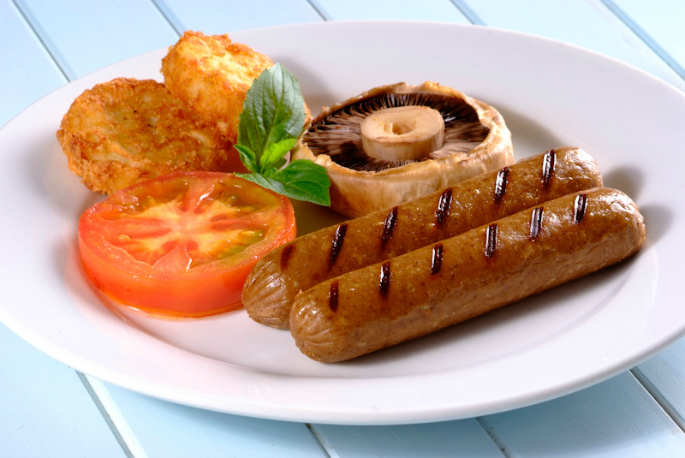
The most famous meat alternative for vegetarians and vegans is soya. It is derived from soybeans and is high in both protein and fibre.
It is the alternative with the largest range of products on the market to date: beef burgers, chicken burgers, sausages, fish fingers, mince and more is available in soya form.
Nutritional info ~ Per 100 grams: 173 calories, 17g of protein, 10g of carbs and 1g of saturated fat.
Tofu

Tofu is made by curdling fresh soya milk in a similar process to the way that cheese is produced from milk.
It contains all eight essential amino acids and is rich in iron, calcium, zinc and vitamin B1.
Nutritional info ~ Per 100 grams: 70 calories, 8g of protein, 1.5g of carbs and 3.5g of fat.
Tempeh
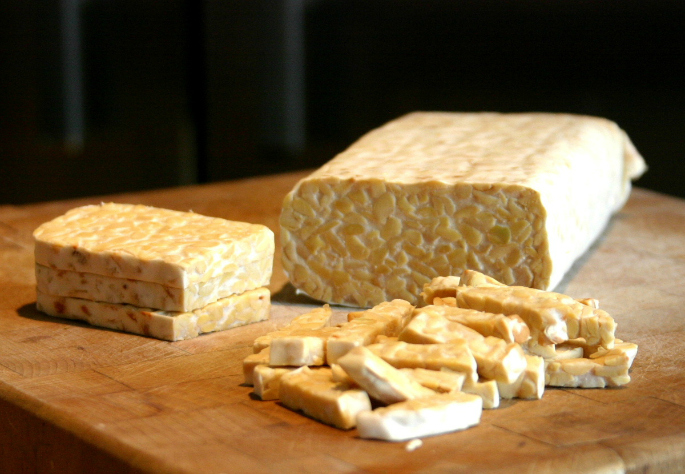
Tempeh is made by fermenting cooked soybeans and is more than double the calories of tofu which is notable because, for those on the path of veganism, maintaining a high caloric intake can sometimes be an issue.
Comparatively speaking, a vegan diet is more nutrient dense but far less calorically dense than that of a vegetarian or meat eater. A lot of vegans simply don’t eat enough, and this can be corrected with smart food choices.
Nutritional info ~ Per 100 grams: 193 calories, 19g of protein, 9g of carbs and 11g of fat.
Seitan

Seitan is comprised of wheat gluten i.e. the main protein of wheat. It is made by extracting all of the starch granules from wheat flour dough until only the gluten remains.
It is even more calorically dense than tempeh and is extremely high in protein. 75 grams per 100 grams is unheard of in a non-powder vegan whole food source.
Nutritional info ~ Per 100 grams: 370 calories, 75g of protein, 14 g of carbs and 1.9g of fat.
Hemp
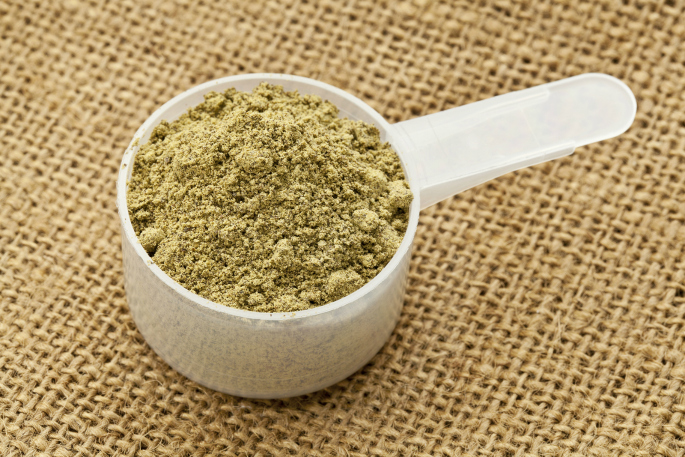
Believe it or not, hemp is a variety of cannabis but without the psychoactive effects.
Hemp seeds are what is used in a multitude of health products; one of which is hemp protein powder.
Nutritional info ~ Per 100 grams: 370 calories, 47g of protein, 15.4 g of carbs and 1.9g of fat.
Pea Protein
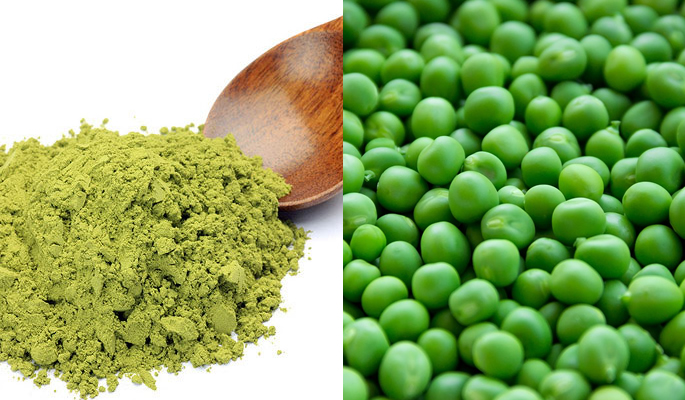
For those with food allergies or sensitivities such as lactose intolerance or soy allergies, pea protein is a safe alternative as it is not a major allergen.
It contains no lactose or gluten and is considered a one of the cleanest sources of protein.
Nutritional info ~ Per 100 grams: 149 calories, 81.7g of protein, 3.2g of carbs and 1.7g of fat.
Protein can also be found in smaller amounts in a number of other food sources including:
- Quinoa ~ Per 100 grams: 120 calories, 4g of protein, 21g of carbs and 2g of fat
- Nuts ~ Per 100 grams (on average): 499 calories, 11.14g of protein, 28.54g of carbs and 41g of fat
- Lentils ~ Per 100 grams: 116 calories, 9g of protein, 20g of carbs and 0g of fat
- Chickpeas ~ Per 100 grams: 119 calories, 7.5g of protein, 13g of carbs and 3g of fat
A decade ago, it was extremely difficult for vegans to find a variety of protein sources.
But now, it is a much easier task with many of the items on this list readily available in your local supermarket or health food shop.




















































